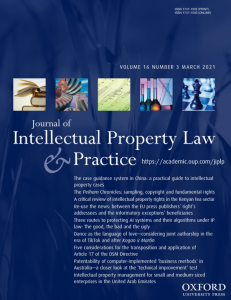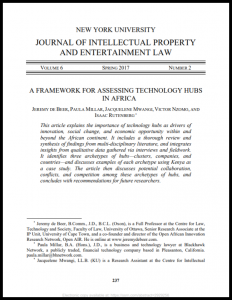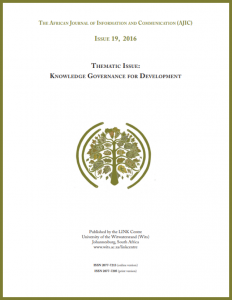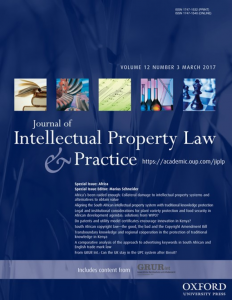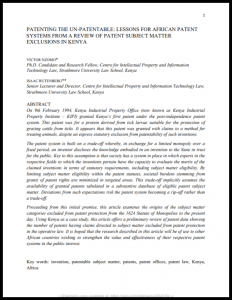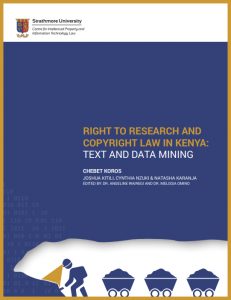Intellectual Property and Innovation Research
In an era of rapid technological advancement, the intersection of intellectual property (IP) and innovation plays a pivotal role in shaping economies and societies. Our Intellectual Property and Innovation research delves into the evolving landscape of IP laws, policies, and practices, with a particular focus on emerging technologies and industries.
Our research provides in-depth analysis and insights into how IP frameworks can support innovation while balancing the rights and interests of creators, businesses, and the public. We explore a wide range of issues, including patent law, copyright, trademarks, trade secrets, geographical indications, traditional knowledge, and traditional cultural expressions. We place a special emphasis on their impact on the digital technology, creative industries, and biotechnology sectors.
We provide evidence-based research and impartial analysis to support ongoing discussions on IP policy development at local, national, and continental levels. Our objective is to foster economic growth, safeguard creative and innovative endeavours, and ensure that IP policies are responsive to the challenges of an increasingly globalized and digital world.

